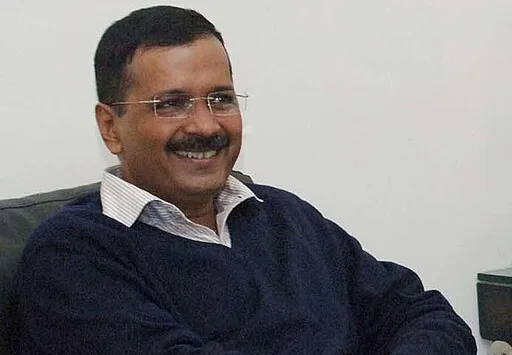The Rouse Avenue Court issues a three-day CBI custody order for Arvind Kejriwal in the liquor policy case, emphasizing the agency’s prerogative in investigations
Arvind Kejriwal, Chief Minister of Delhi, found himself in legal tumult as the Rouse Avenue court denied him relief in the liquor policy case, leading to his arrest by the Central Bureau of Investigation (CBI) inside the court premises. Initially granted bail by the court, the Delhi High Court intervened to pause the bail and subsequently denied it altogether. Despite moving to the Supreme Court for reprieve, Mr. Kejriwal was unsuccessful in securing his release.
The court’s decision to grant three days of CBI custody—two days less than the agency’s request—came with specific conditions. It acknowledged the investigative prerogative of the CBI while cautioning against overzealousness. Highlighting these points, the court emphasized that, based on the current evidence, the arrest could not be deemed illegal. It also directed the agency to present Mr. Kejriwal before the court on Saturday.
In a gesture towards humane treatment, the court allowed Mr. Kejriwal to meet his wife, Sunita Kejriwal, for one hour daily and receive medically prescribed home-cooked food. Additionally, he was permitted to have his prescribed medicines and other essentials such as spectacles during his custody period.
Mr. Kejriwal’s counsel, Senior Advocate Vikram Chaudhari, raised concerns about the timing and necessity of the arrest, arguing that while the timing might be questionable, it did not automatically render the arrest illegal. He underscored that Mr. Kejriwal had cooperated with the CBI previously as a witness, providing detailed insights into the formulation of the now-defunct liquor policy.
Responding to allegations from Mr. Kejriwal’s camp that the timing of the arrest was suspicious, the CBI defended its actions, asserting that it had conducted the interrogation after receiving court permission and was not obliged to notify the accused beforehand. The agency clarified that its actions were within legal boundaries and refuted claims of political vendetta or undue haste in the case.
Analysis:
Political Perspective: Politically, Mr. Kejriwal’s arrest and subsequent custody are likely to intensify debates over the misuse of investigative agencies for political purposes. The Aam Aadmi Party (AAP), led by Kejriwal, has accused the central government of targeting political opponents through legal means, framing the arrest as a move to stifle dissent and opposition.
Social Perspective: From a societal standpoint, the case raises questions about the balance between accountability and political manoeuvring within India’s legal and administrative framework. It prompts discussions on the independence of investigative agencies and their role in upholding justice without succumbing to external pressures or political influences.
Racial Perspective: While not directly related to racial dynamics, the case underscores broader issues of power dynamics and fairness in legal proceedings, which resonate across diverse social and ethnic groups in India. It highlights the importance of procedural fairness and the rule of law in safeguarding individual rights against state actions.
Gender Perspective: Gender dynamics are not prominently featured in this case, as the focus remains on legal and political aspects rather than gender-specific implications.
Economic Perspective: Economically, the case could impact perceptions of stability and governance in Delhi, potentially affecting investor confidence and economic policymaking in the region. The political fallout from such high-profile cases can influence economic sentiment and policy direction.
